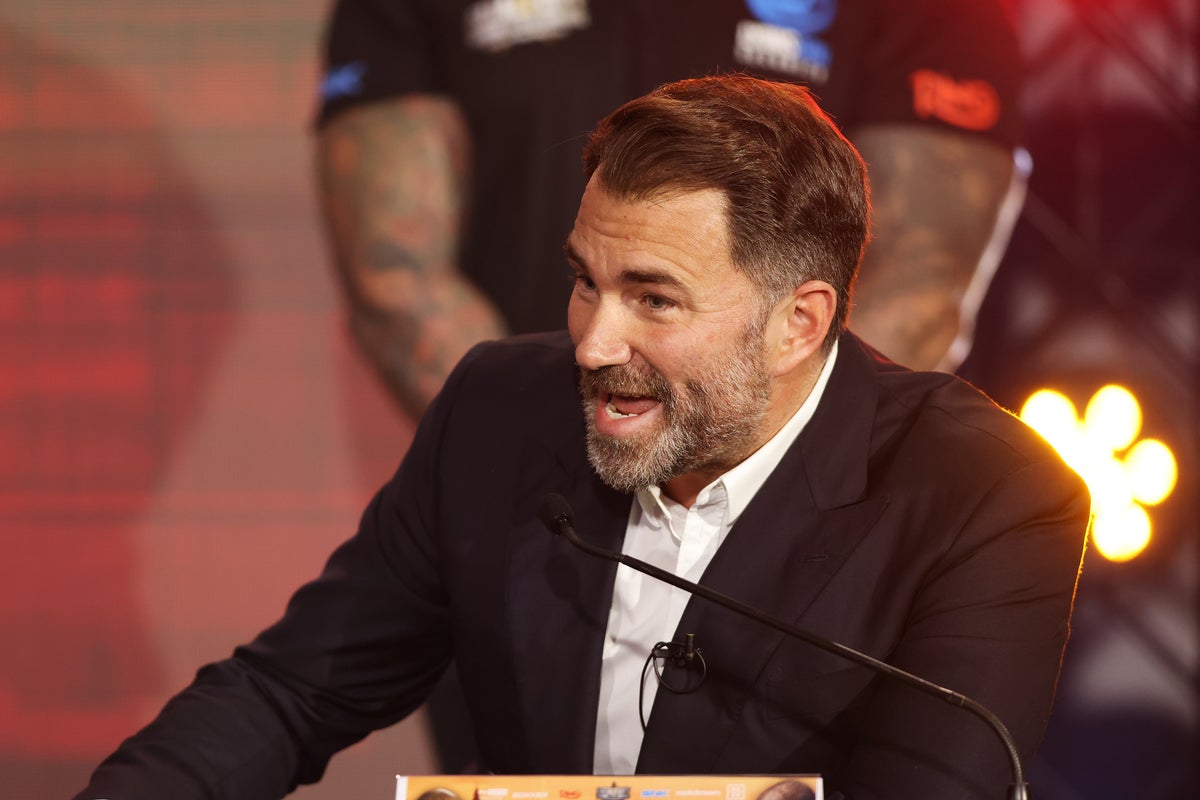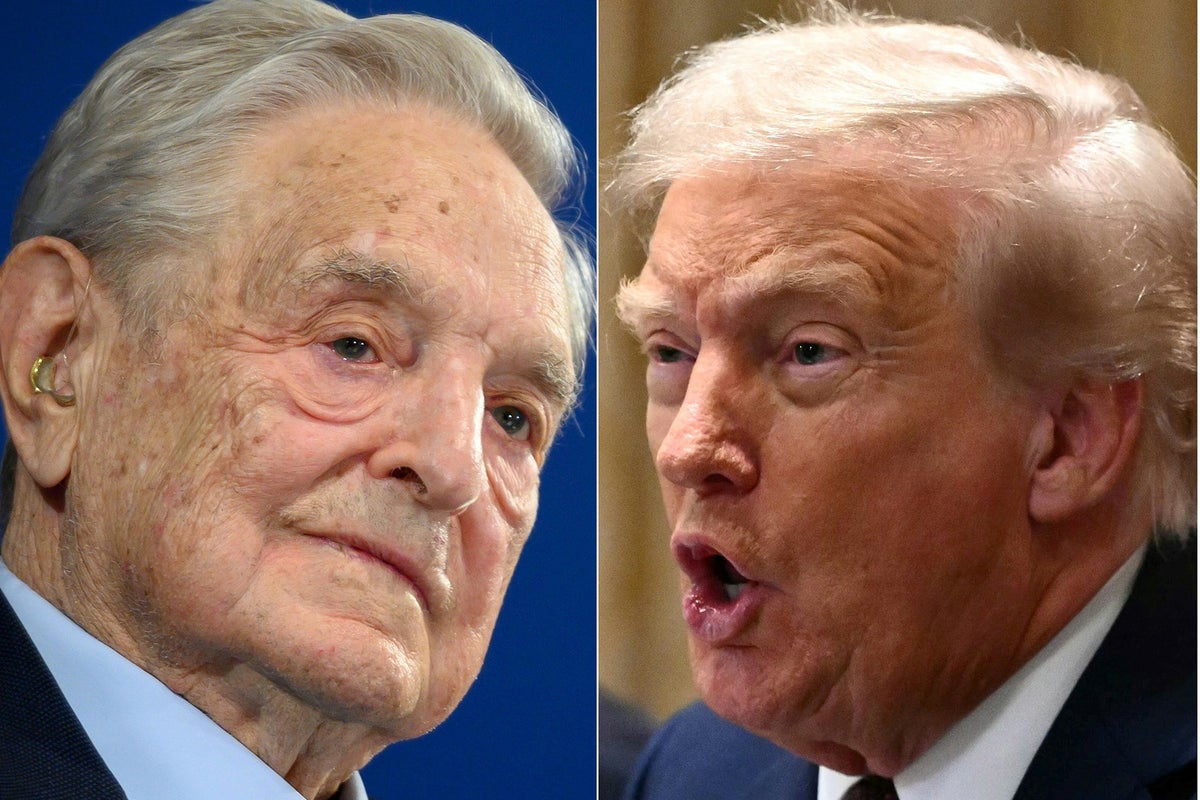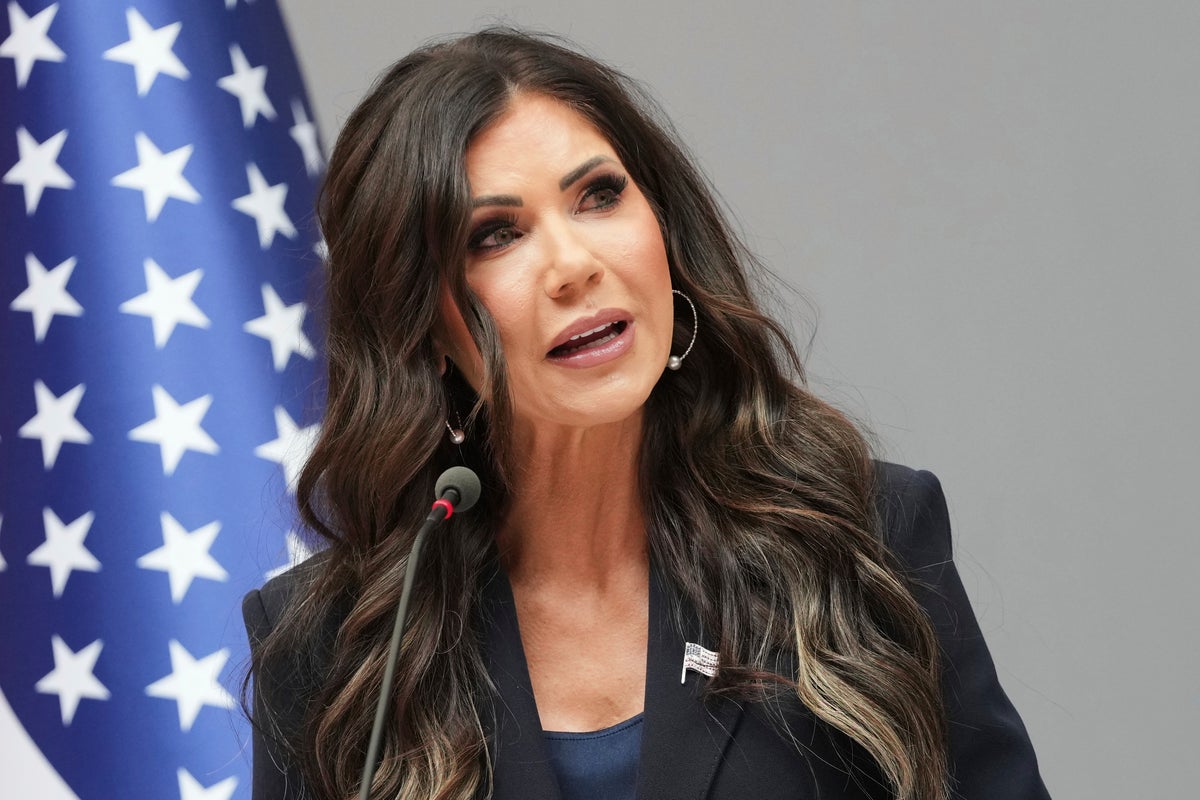I’ve spent most of my career watching television and, through thick and thin, I’ve always stood up for the BBC. Currently, for £14.50 per month, the licence fee pays for national and local TV and radio, the iPlayer, BBC Sounds, the BBC website, a selection of apps and the BBC World Service.
That represents incredible value for money, but the Corporation’s Royal Charter is up for renewal in 2027. It’s been a decade since the last renewal, and in that time, the media landscape has changed beyond recognition.
In 2017, Netflix were sending me DVDs through the post; now streaming services, YouTube and social media have changed the way we watch and have made it increasingly difficult to argue the future of the compulsory TV licence. This means even dyed-in-the wool supporters like me have to argue that the BBC’s financing method has to change.
In an interview with the Sunday Times, BBC chairman Samir Shah has argued that the licence fee should be included with council tax payments, with a sliding scale of payments according to the value of your property. This sounds sensible – but with no council tax in Northern Ireland, the Channel Islands and the Isle of Man, that rather puts a spanner in the works.
As a huge supporter of public service broadcasting, I’d suggest something different: make the BBC a two-tier service, with a basic offering for all supplemented by premium services for those who want to pay extra for them. Once rid of the licence fee, a pared-back BBC could then be paid for out of general taxation, with a subscription service offering premium extras.
“BBC Basic”, as it might come to be known colloquially, could breathe life into its Reithian principles – to inform, educate and entertain, offering all the important things that hold the nation together as well as a real service element: news, consumer programmes, popular drama like EastEnders and Death in Paradise, and revealing and positive documentaries.
Such a service would hopefully “breadcrumb” viewers into paying for tasty and desirable treats, either via a rolling monthly subscription, or with individual programmes available to rent on demand. “BBC Premium” might offer full coverage of sporting events (there could be highlights on the basic package), some popular flagship programming such as Strictly Come Dancing and Race Across the World, and all the programmes that cost more to produce, such as major dramas and nature series. As with the streamers, you’d get your first episode on the basic package and pay for the rest.
Shows that you pay for should be the icing on the cake of the BBC, and I’d even argue for shows like Doctor Who to go behind a paywall. Who else but the Beeb is making popular sci-fi with incredibly high production values, whose every plot twist and casting decision dominates the headlines?
The BBC has a massive archive of programming which could be open to subscribers. This would require spending money on rights clearances, but this would fit in with the corporation’s public service ethos.
The iPlayer recently ran a pop-up TV station, Memories, aimed at those with dementia, but providing an incredible historic insight into the past, from arts programming to life in an insurance company in the 1970s (quite niche, but I enjoyed it), so a bigger offering than the current meagre and largely unchanging collection could prove a big draw. Archive material could also fill some daytime TV slots on a basic package as a money-saver and something for those of us bored with endless property programmes and gameshows.
The BBC’s commercial arm is a big success, with 2023/24 figures showing sales of £1.9 billion, with the most popular shows sold to other broadcasters around the world including Planet Earth III, The Famous Five, The 1% Club and coverage of the Coronation. It has also made shows for Netflix and Apple TV+ that have never been shown on the BBC. Such commercial creativity should be able to come up with new programming that entices viewers to pay for a premium service, perhaps working with social media content creators to draw in the much-desired younger audience and reshape broadcasting for a new era.
As much as I’ve loved Auntie Beeb over the years, she has to change. She’s not an auntie to younger viewers, more like one of those distant relatives you avoid at all costs because you think she’s really boring. But you could probably learn something from her, which is why the good things that come from the BBC must continue, even though you’re going to pay for them in a different way.





